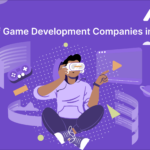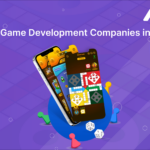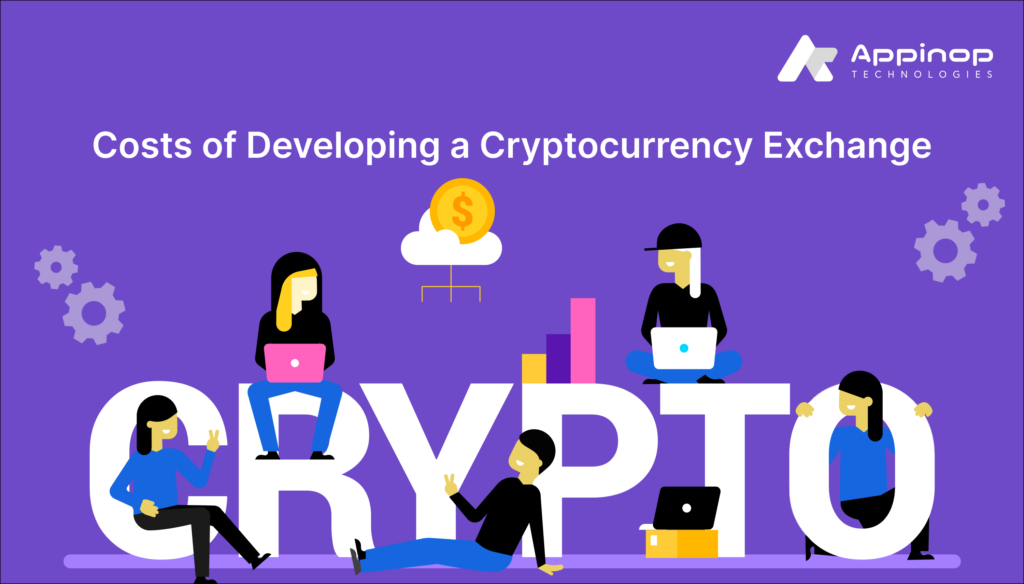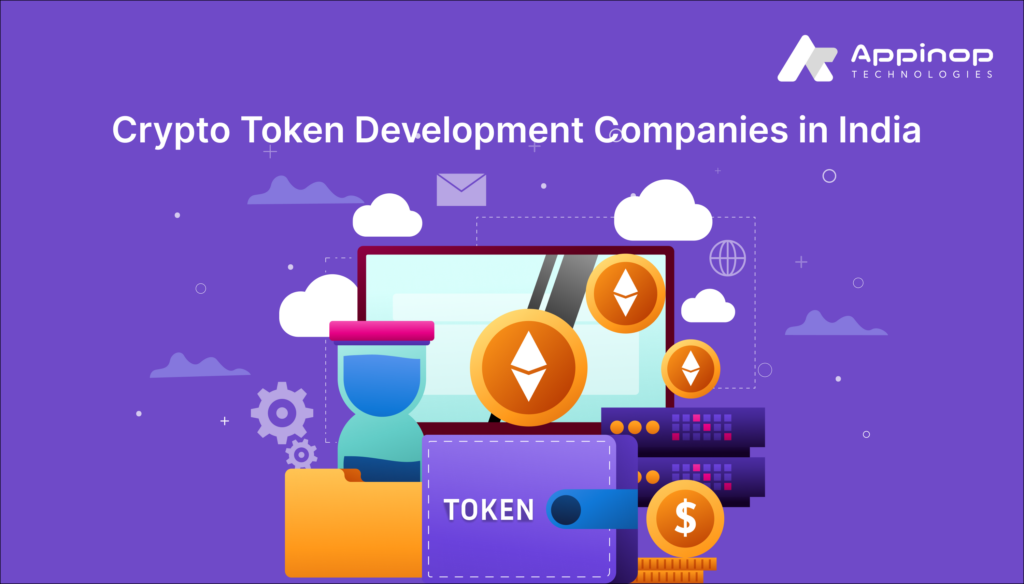
10 Best NFT Game Development Companies in 2024
The landscape of gaming has evolved significantly with the advent of Non-Fungible Tokens (NFTs), marking a transformative shift in the industry. NFTs, unique digital assets that can represent ownership of in-game items, characters, and even entire virtual worlds, are reshaping how gamers interact with digital content. In 2024, the NFT gaming market is experiencing unprecedented growth, fueled by increased demand for innovative and immersive experiences that provide players with true ownership and control over their in-game assets.
NFT games leverage blockchain technology to ensure transparency, security, and authenticity, allowing players to buy, sell, and trade their virtual assets in decentralized marketplaces. This has opened up new avenues for monetization and engagement, as gamers can now invest in digital assets that have real-world value. The integration of NFTs into gaming has also sparked a wave of creativity, with developers pushing the boundaries of what’s possible in virtual environments.
The surge in popularity of NFT games has led to the emergence of numerous development companies specializing in this niche. These companies are at the forefront of creating cutting-edge games that offer players a unique blend of entertainment, ownership, and economic opportunity. In this article, we explore the top 10 NFT game development companies in 2024, highlighting their contributions to the industry and the factors that set them apart in this competitive landscape.
What is NFT in a Game?
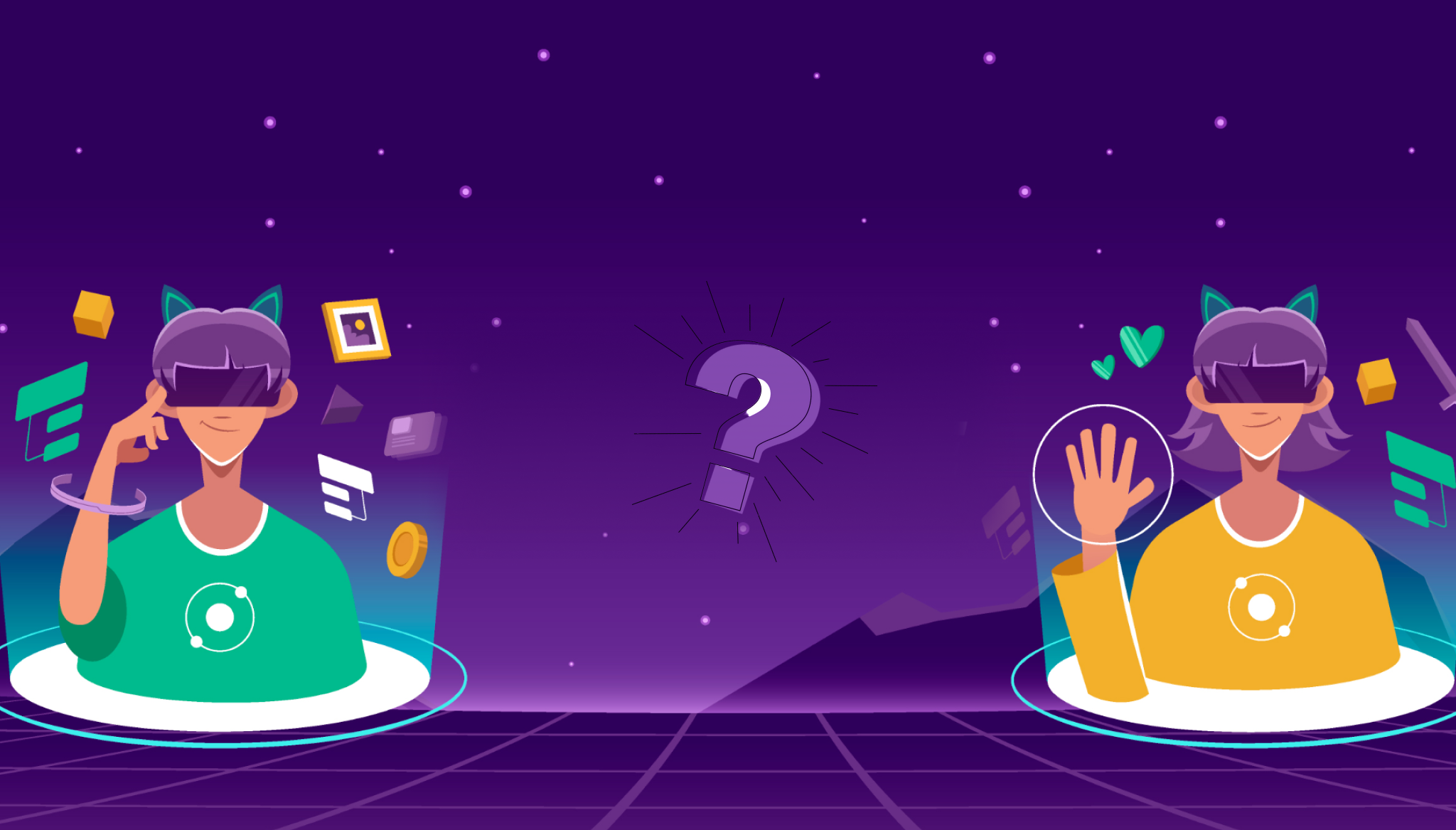
NFTs, or Non-Fungible Tokens, are unique digital assets verified using blockchain technology, making them ideal for gaming applications. In the context of gaming, NFTs can represent a variety of in-game elements, such as characters, items, skins, and even entire virtual worlds. Unlike traditional digital assets, NFTs are indivisible and cannot be exchanged on a one-to-one basis, adding a layer of scarcity and exclusivity to the gaming experience.
NFTs in games provide players with true ownership of their in-game assets, meaning players can buy, sell, and trade their virtual items in decentralized marketplaces outside the game’s ecosystem. The value of NFTs can vary based on factors such as rarity, utility, and demand, allowing players to invest in digital assets that have real-world value.
The use of NFTs in gaming offers numerous benefits. It enables developers to create unique, player-driven economies where users have more control and influence over their digital possessions. It also fosters a sense of community, as players can collaborate and compete in virtual environments that reward creativity and strategic thinking. Furthermore, NFTs can enhance player engagement and retention by offering new incentives and opportunities for customization and personalization.
Best NFT Game Development Companies
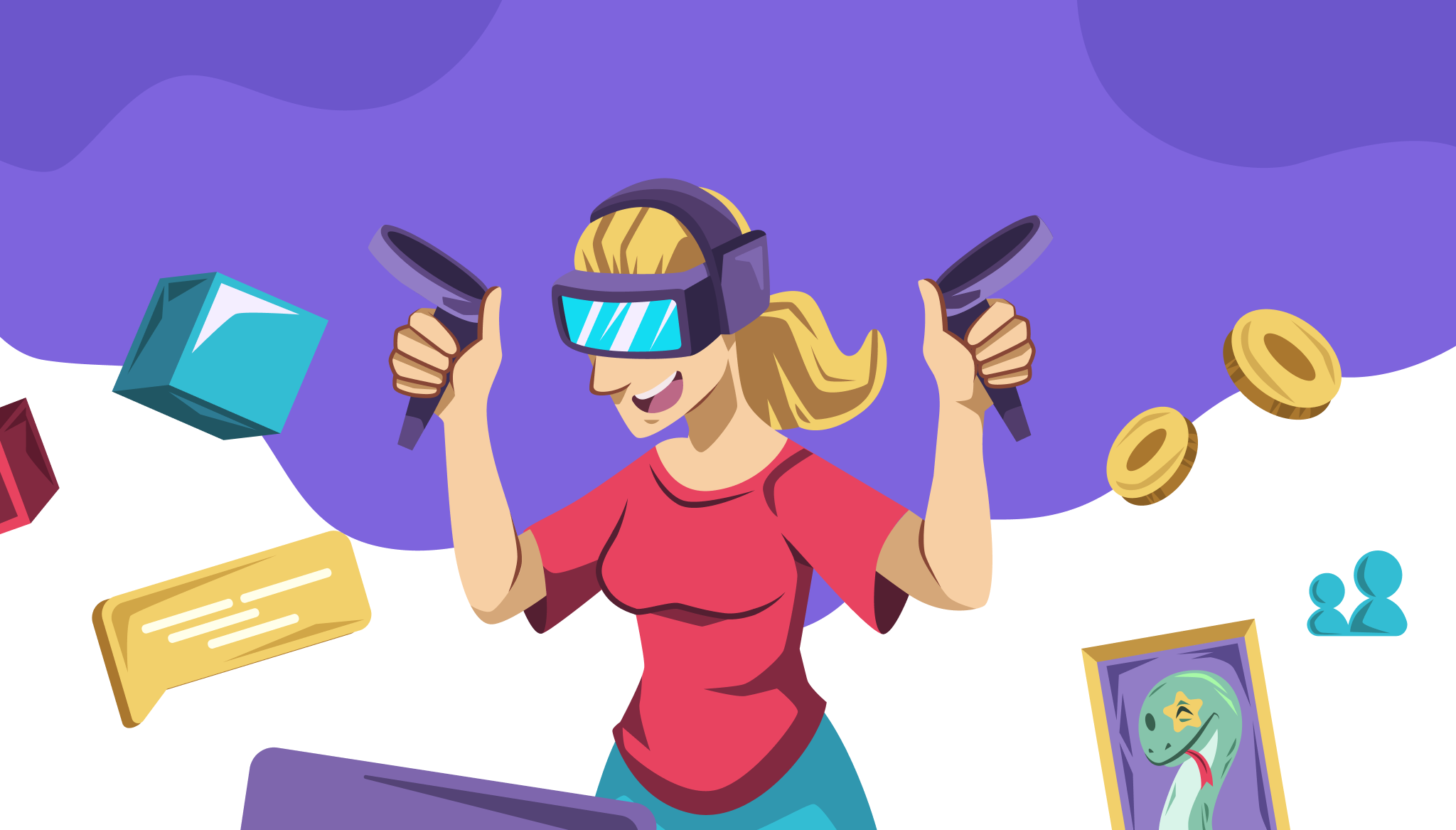
Here’s a table summarizing the top 10 NFT game development companies in 2024, followed by a brief description of each.
| Rank | Company Name | Location | Specialty |
| 1 | Appinop Technologies | India | Blockchain-based games |
| 2 | Animoca Brands | Hong Kong | Mobile gaming and blockchain technology |
| 3 | Dapper Labs | Canada | Blockchain games and collectibles |
| 4 | Sky Mavis | Vietnam | Play-to-earn games |
| 5 | Forte | USA | Blockchain platforms for games |
| 6 | Enjin | Singapore | Blockchain-based gaming solutions |
| 7 | Immutable | Australia | Layer-2 scaling solutions for games |
| 8 | Mythical Games | USA | Playable NFTs and virtual economies |
| 9 | Decentraland | Argentina | Virtual reality platform |
| 10 | Sorare | France | Fantasy football NFT platform |
1. Appinop Technologies
Appinop Technologies is a leading NFT game development company based in India. Known for their expertise in blockchain technology, they specialize in creating innovative and immersive NFT-based games that captivate players. Their team of skilled developers and designers is adept at leveraging cutting-edge technologies to deliver custom solutions tailored to the unique needs of their clients. With a strong focus on user experience, Appinop Technologies ensures that their games are not only visually stunning but also engaging and rewarding for players.
2. Animoca Brands
Animoca Brands, headquartered in Hong Kong, is a pioneer in mobile gaming and blockchain technology. They have developed a diverse portfolio of games and applications that incorporate NFTs, allowing players to own and trade virtual assets. Animoca Brands is known for their popular titles like “The Sandbox” and “F1® Delta Time,” which have gained significant traction in the NFT gaming space.
3. Dapper Labs
Based in Canada, Dapper Labs is a trailblazer in the world of blockchain games and collectibles. They are the creators of “CryptoKitties,” one of the first games to utilize NFTs, and the widely popular “NBA Top Shot,” a platform for collecting and trading officially licensed NBA highlights. Dapper Labs is renowned for their innovation and commitment to pushing the boundaries of what’s possible in NFT gaming.
4. Sky Mavis
Sky Mavis, a Vietnam-based company, is the creator of “Axie Infinity,” a groundbreaking play-to-earn game that has taken the world by storm. Their platform allows players to collect, breed, and battle virtual creatures called Axies, which are represented as NFTs. Sky Mavis is at the forefront of the play-to-earn movement, empowering players to earn real income through gameplay.
5. Forte
Forte is a US-based company that provides blockchain platforms for game developers, enabling them to create NFT-based economies within their games. Their technology allows developers to seamlessly integrate blockchain features, such as tokenization and decentralized marketplaces, into their games. Forte is dedicated to helping developers harness the power of NFTs to create more engaging and rewarding gaming experiences.
6. Enjin
Enjin, headquartered in Singapore, offers blockchain-based gaming solutions that empower developers to create, manage, and integrate NFTs into their games. Their platform provides a suite of tools and services designed to enhance player engagement and monetization. Enjin is known for their user-friendly solutions and commitment to supporting the growth of the NFT gaming ecosystem.
7. Immutable
Immutable is an Australian company specializing in layer-2 scaling solutions for games. Their platform, Immutable X, enables developers to create and trade NFTs with zero gas fees, making it easier and more cost-effective to build blockchain-based games. Immutable is dedicated to improving the scalability and accessibility of NFT gaming, ensuring that developers and players alike can enjoy a seamless experience.
8. Mythical Games
Mythical Games, based in the USA, is a pioneer in creating playable NFTs and virtual economies. Their flagship title, “Blankos Block Party,” is a multiplayer game that allows players to collect and trade unique digital characters and accessories. Mythical Games is committed to redefining the gaming experience by enabling players to truly own and monetize their in-game assets.
9. Decentraland
Decentraland is an Argentina-based company that has created a virtual reality platform powered by blockchain technology. Users can explore, create, and monetize content and applications within a decentralized virtual world. Decentraland is known for its innovative approach to virtual real estate and user-generated content, offering players a unique and immersive gaming experience.
10. Sorare
Sorare, a French company, is a fantasy football platform that leverages NFTs to create a unique and engaging experience for sports fans. Players can buy, sell, and trade officially licensed digital cards representing football players, and use them to compete in fantasy leagues. Sorare has gained popularity for its combination of blockchain technology and sports, attracting a global community of fans and collectors.
Process of NFT Game Development
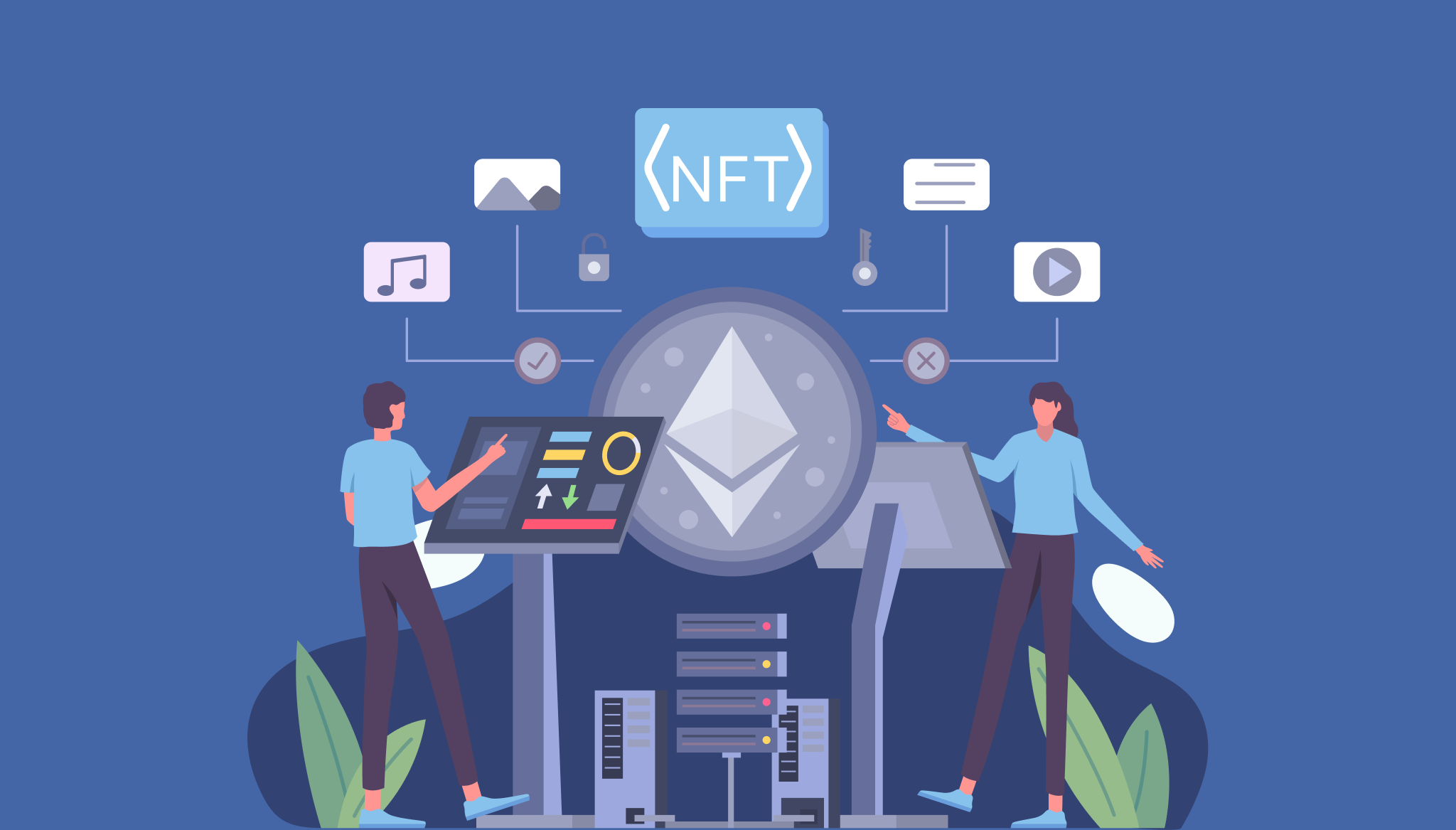
The development of NFT games is a complex process that involves multiple stages, each requiring careful planning and execution to ensure a successful outcome. Here’s an overview of the key steps involved in the NFT game development process:
1. Conceptualization and Planning
The first step in NFT game development is conceptualization, where the development team brainstorms ideas for the game and defines its core mechanics and features. This stage involves market research to identify trends and opportunities, as well as a detailed analysis of the target audience. Once the concept is finalized, the team creates a comprehensive project plan outlining the development timeline, budget, and resource requirements.
2. Game Design
In the game design phase, developers and designers collaborate to create the game’s architecture, visuals, and user interface. This includes designing characters, environments, and in-game assets that will be represented as NFTs. The game mechanics and rules are also defined, ensuring that the gameplay is engaging and rewarding for players. During this stage, developers may use prototyping to test and refine game concepts before moving forward.
3. Blockchain Integration
Integrating blockchain technology is a crucial step in NFT game development. This involves selecting the appropriate blockchain platform and protocols to support the game’s NFT features. Developers create smart contracts to enable the minting, buying, selling, and trading of NFTs within the game. Security and scalability are key considerations during this phase, as the blockchain must handle large volumes of transactions without compromising performance.
4. Development and Testing
The development phase involves coding the game’s features and functionalities, integrating the blockchain components, and building the user interface. Developers work closely with designers to ensure that the game is visually appealing and intuitive to navigate. Rigorous testing is conducted to identify and fix bugs, optimize performance, and ensure that the game functions smoothly on various devices and platforms.
5. Launch and Marketing
Once the game is fully developed and tested, it’s ready for launch. The development team creates a marketing strategy to promote the game and attract players. This may involve leveraging social media, influencer partnerships, and community engagement to generate buzz and drive downloads. Post-launch, developers continue to monitor the game’s performance, gather player feedback, and release updates to enhance the gaming experience and address any issues.
Cost to Build NFT Games in India
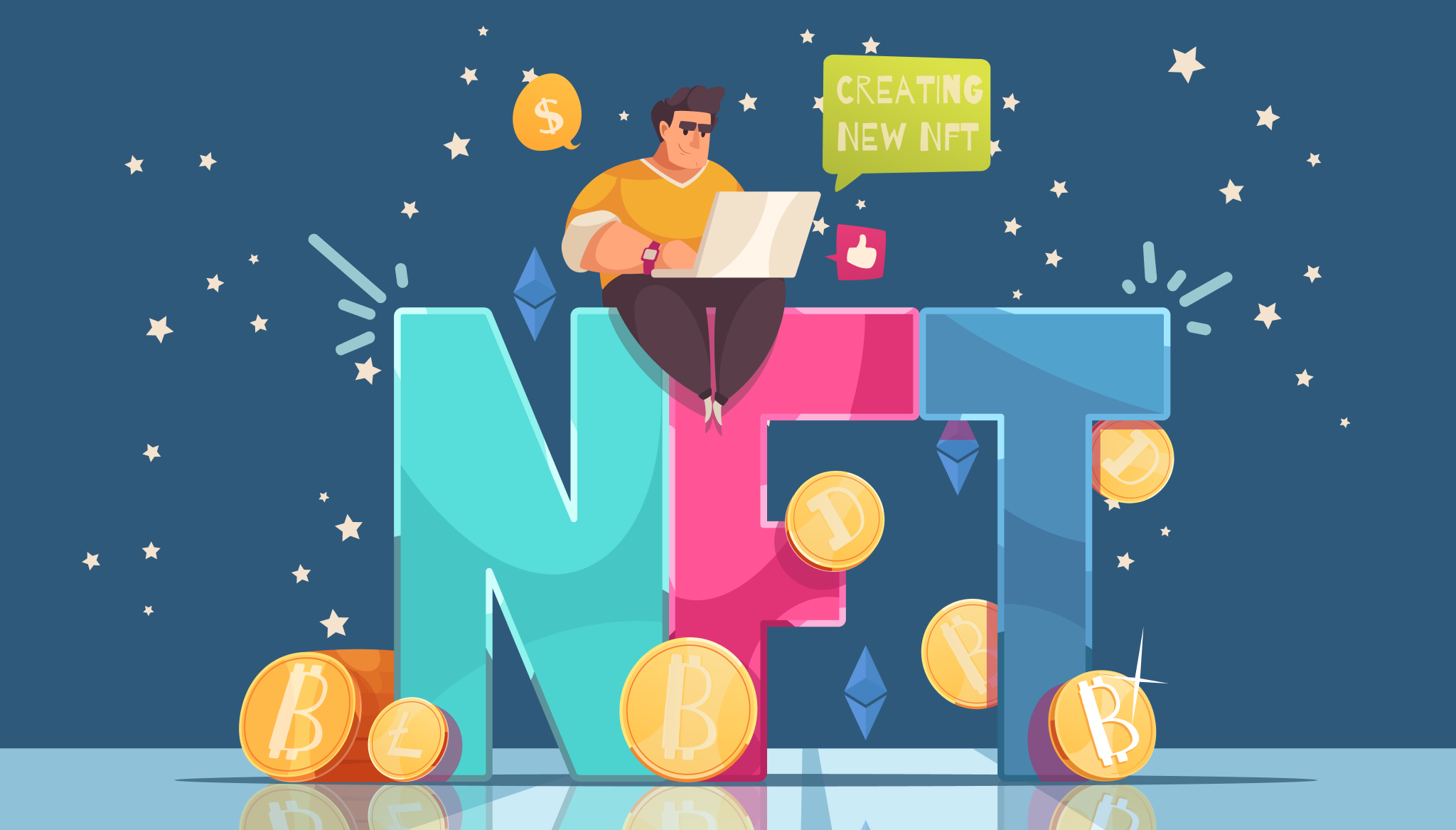
The cost of building NFT games in India can vary depending on factors such as the complexity of the game, the features required, and the development team’s expertise. Below is a general estimate of the costs associated with developing an NFT game in India, broken down into key stages of the development process:
1. Conceptualization and Planning
Cost: ₹2,00,000 – ₹4,00,000
Description: This phase involves brainstorming ideas, conducting market research, and creating a detailed project plan. The cost is influenced by the complexity of the game’s concept and the level of market analysis required.
2. Game Design
Cost: ₹4,00,000 – ₹7,00,000
Description: Designing the game’s visuals, characters, environments, and user interface. The cost depends on the complexity of the design and the number of unique assets to be created.
3. Blockchain Integration
Cost: ₹3,00,000 – ₹5,00,000
Description: Integrating blockchain technology, creating smart contracts, and ensuring the security and scalability of the NFT features. The cost varies based on the blockchain platform chosen and the complexity of the integration.
4. Development and Testing
Cost: ₹5,00,000 – ₹8,00,000
Description: Coding the game’s features, building the user interface, and conducting rigorous testing to ensure smooth performance. The cost is influenced by the complexity of the game mechanics and the level of testing required.
5. Launch and Marketing
Cost: ₹1,00,000 – ₹3,00,000
Description: Developing a marketing strategy, promoting the game, and engaging with the player community. The cost depends on the scope of the marketing efforts and the channels used to reach the target audience.
Estimated Total Cost
The estimated total cost to build an NFT game in India ranges from approximately ₹15,00,000 to ₹25,00,000, depending on the complexity and scope of the project.
Here’s a chart illustrating the cost breakdown:
| Phase | Cost Range (INR) |
| Conceptualization & Planning | ₹2,00,000 – ₹4,00,000 |
| Game Design | ₹4,00,000 – ₹7,00,000 |
| Blockchain Integration | ₹3,00,000 – ₹5,00,000 |
| Development & Testing | ₹5,00,000 – ₹8,00,000 |
| Launch & Marketing | ₹1,00,000 – ₹3,00,000 |
Conclusion
The NFT gaming industry is rapidly evolving, offering developers and players unprecedented opportunities to engage with digital content in innovative ways. The integration of NFTs into games has transformed traditional gaming experiences, allowing players to own, trade, and monetize their in-game assets. In 2024, the demand for NFT games continues to grow, driving the emergence of specialized development companies that are pushing the boundaries of what’s possible in this space.
As we explore the top NFT game development companies, it’s clear that the industry is poised for further growth and innovation. Companies like Appinop Technologies, Animoca Brands, and Dapper Labs are leading the charge, leveraging their expertise to create immersive and rewarding gaming experiences. As the NFT gaming ecosystem expands, developers and players alike can look forward to a future where digital ownership and creativity are at the forefront of the gaming landscape.
Also Check our latest Instagram post on blockchain application development solutions.
FAQ
What are NFTs in gaming?
NFTs in gaming are unique digital assets that represent in-game items, characters, or other elements, providing players with true ownership and the ability to trade these assets in decentralized marketplaces.
How do NFTs benefit game developers?
NFTs allow game developers to create new revenue streams by enabling players to buy, sell, and trade digital assets. They also enhance player engagement and retention by offering unique and customizable gaming experiences.
What challenges do developers face in NFT game development?
Developers face challenges such as ensuring security and scalability, integrating blockchain technology, and navigating regulatory issues. They must also create engaging gameplay that appeals to a wide audience.
Why is blockchain integration important in NFT games?
Blockchain integration is crucial in NFT games because it ensures transparency, security, and authenticity, allowing players to verify ownership of their digital assets and engage in trustless transactions.
What is the future of NFT gaming?
The future of NFT gaming looks promising, with continued growth and innovation expected. As technology advances, we can anticipate more immersive experiences, greater player ownership, and expanded opportunities for monetization and collaboration.
Appinop Technologies
We are a closely knitted bunch of thinkers, designers, developers and investors who are committed to transform the user experience by inventing and reinventing techniques that return high user engagement and increase share ability. Be it Android or iOS Mobile App or an Ecommerce portal, we strive to deliver only the best even if it takes repeated revisions.





